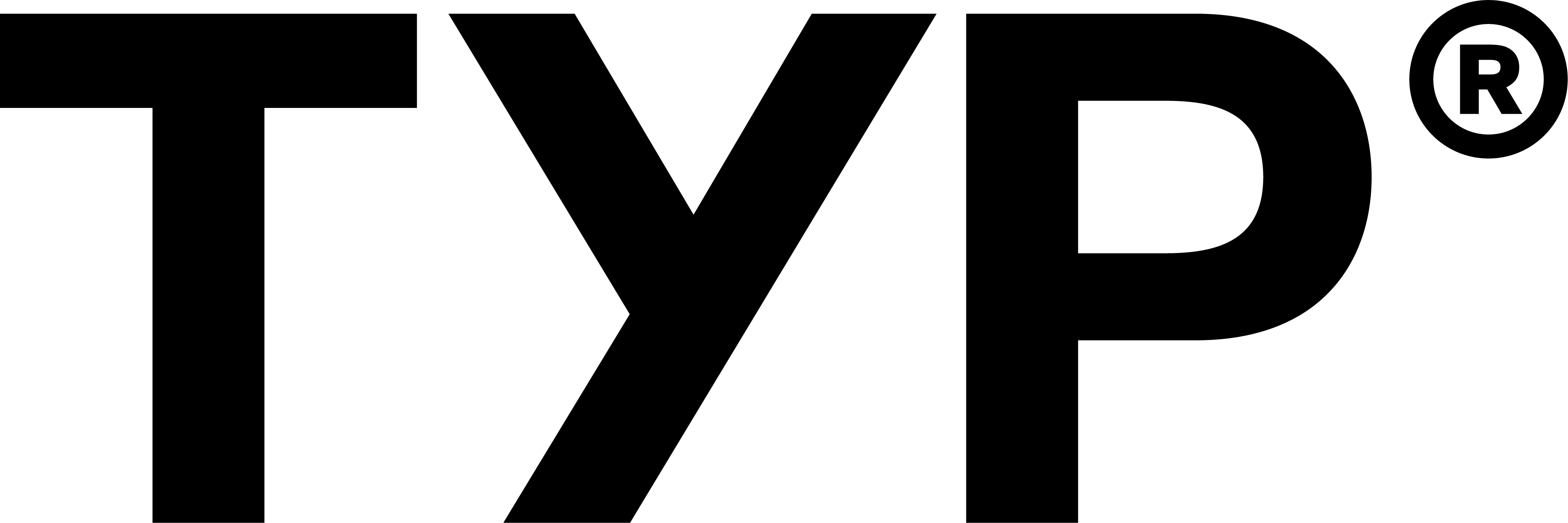The Dutch government assists entrepreneurs in different ways, from providing money to making it the benefits of entrepreneurship easier. If your idea meets the requirements for one of the subsidy programmes you can apply to the Netherlands Enterprise Agency (RVO) for an award.
Subsidies are basically government support for certain industries or businesses that might not be financially viable without this support. Subsidies usually are offered to assist struggling sectors and to encourage new developments or to promote particular policies or social goods. They could be successful economically, but at the expense of other groups (for example the food subsidy can help farmers while raising prices for consumers) They could also fail economically, but they achieve the goals of culture or politics.
Subsidies from the government can be in a variety of forms. These include tax breaks, grants and rebates as well as direct cash payments to suppliers or customers. They may also be indirect, like road taxes that are paid by all motorists, rather than only those who use the roads or railway track access fees that are not only imposed for passenger trains.
The advocates of subsidies claim that they can improve the efficiency of an economy by protecting it from competition from outside, or by promoting local production. They also can help combat market failures like externalities and information asymmetries. Critics argue that these policies can cause negative consequences, ranging from inequality to corruption, and they can also hinder more efficient and equitable spending by the government. They also create perverse incentives. For instance, a business that is benefited by a government subsidy will have an incentive to make donations to politicians, contributing to “regulatory capture” and rent seeking.

